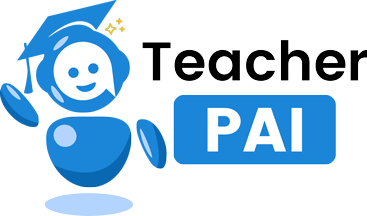“Putting Money to Work.”
Money Move$ empowers youth and adults to manage personal finances and build economic confidence. Through six practical phases, participants examine their financial identities, learn from professionals, investigate local markets and financial systems, analyze trends and societal inequalities, and complete a financial action project—such as a simulated portfolio, entrepreneurial pitch, or community campaign—demonstrating their financial learning and readiness.
Goal
To equip participants with the knowledge, skills, and mindset needed to effectively manage money, build wealth, and support their futures and communities.
Skill Objectives
Participants will improve the following skills:
- Problem-solving skills – the ability to evaluate financial decisions and overcome money management challenges
- Research skills – the ability to investigate investment options, financial tools, and entrepreneurial opportunities
- Management skills – the ability to budget, track, and allocate resources to build long-term financial security
Outcomes
- Increased financial knowledge and decision-making skill
- Enhanced budgeting, saving, and investment behaviors
- Greater confidence in banking, credit, and entrepreneurship
- Completion of a real-world financial or business action project
Benefits
- Improves Financial Resilience
Early exposure to budgeting and money management reduces the risk of youth accumulating unsustainable debt and enhances emergency savings behaviors (Consumer Financial Protection Bureau, 2022). - Boosts Asset-Building Among Youth
Culturally tailored financial literacy programs help close the racial wealth gap by increasing financial confidence and asset accumulation in Black and Latino communities (San Diego Foundation, 2021). - Encourages Entrepreneurial Mindsets
Youth engaged in finance and entrepreneurship programs show increased initiative, financial self-efficacy, and interest in starting their own ventures (Frontiers in Education, 2024). - Enhances Numeracy and Analytical Thinking
Students exhibit improved mathematical reasoning and critical thinking after completing hands-on financial literacy instruction (Templeman Associates, 2023). - Reduces Financial Stress and Enhances Well-Being
Financially literate students report lower stress and better mental health due to a greater sense of financial control (Believe in Me, 2024).
References
- Consumer Financial Protection Bureau. (2022). Financial Literacy Annual Report FY2022. Retrieved from https://files.consumerfinance.
gov/f/documents/cfpb_ financial-literacy-fy-2022_ annual-report_2023-03.pdf - San Diego Foundation. (2021). Financial Literacy and Race. Retrieved from https://www.sdfoundation.org/
news-events/sdf-news/ financial-literacy-and-race/ - “Youth, money, and behavior: the impact of financial literacy programs.” (2024). Frontiers in Education. Retrieved from https://www.frontiersin.org/
journals/education/articles/ 10.3389/feduc.2024.1397060 - Temescal Associates. (2023). Promoting Financial Literacy for Youth in Afterschool Programs. Retrieved from https://www.
temescalassociates.com/ uploads/1/1/0/6/110631901/fin_ lit_briefing_paper_3.pdf - Believe in Me. (2024). How Financial Literacy Empowers Marginalized Youth. Retrieved from https://believeinme.news/how-
financial-literacy-empowers- marginalized-youth/





